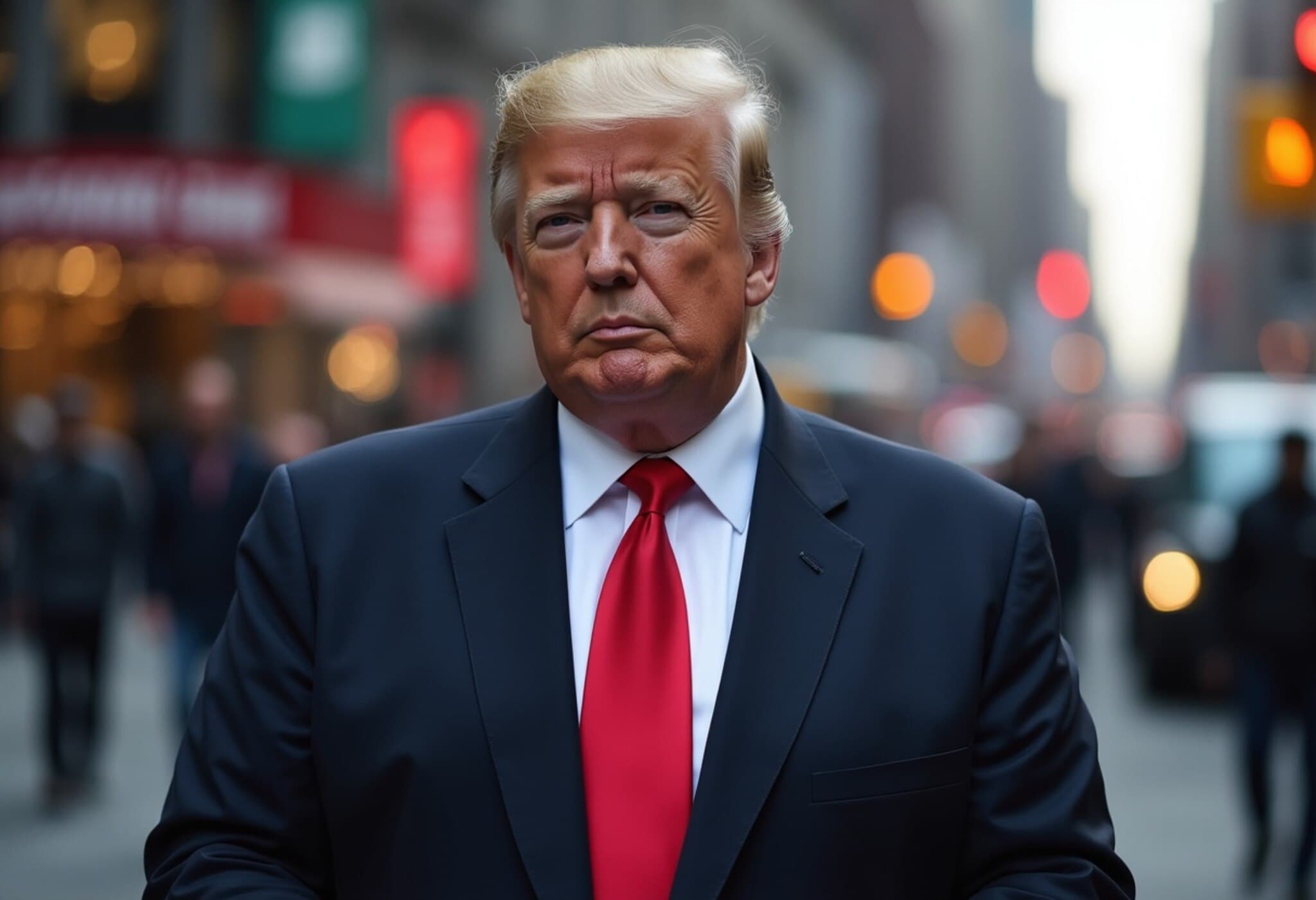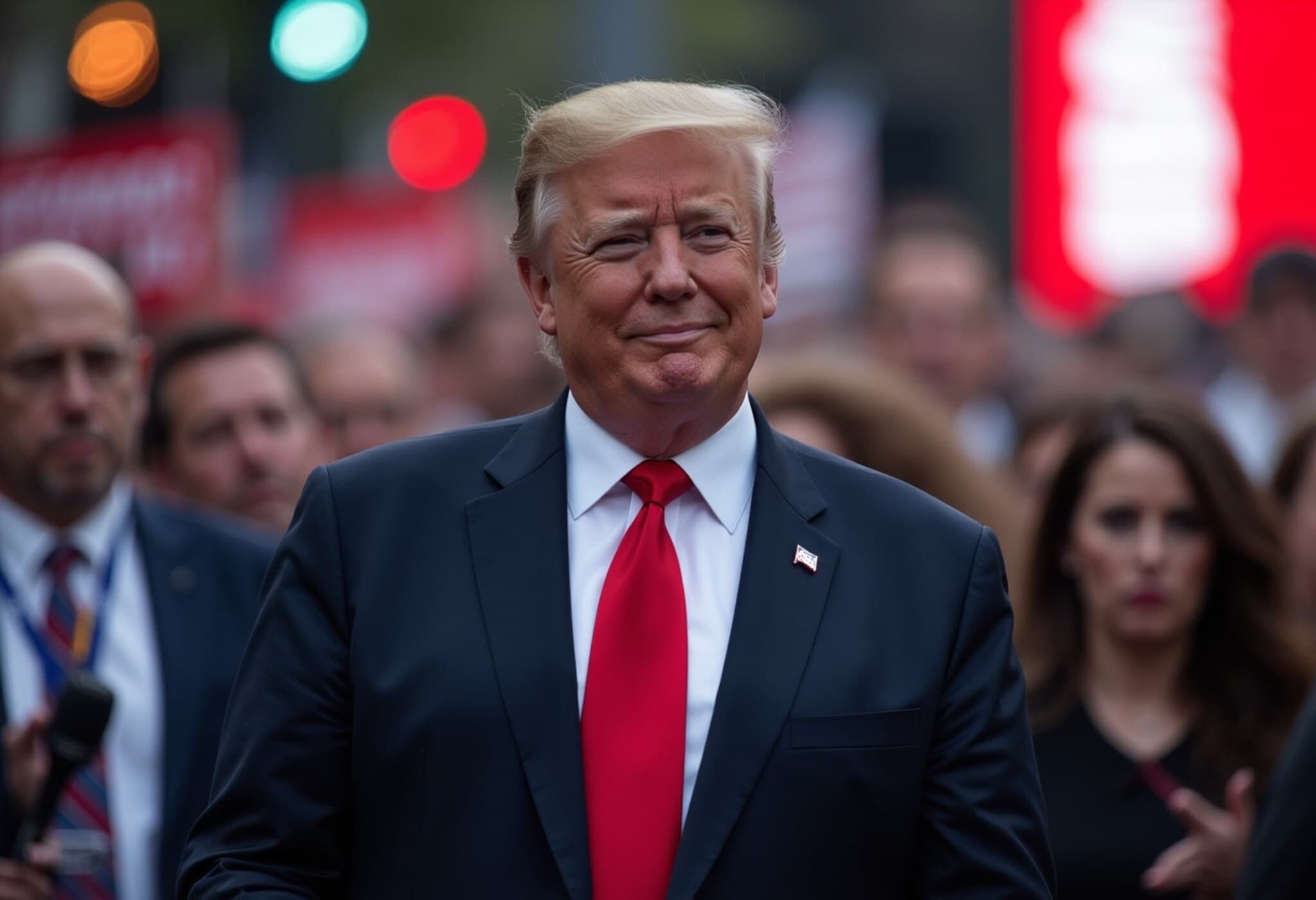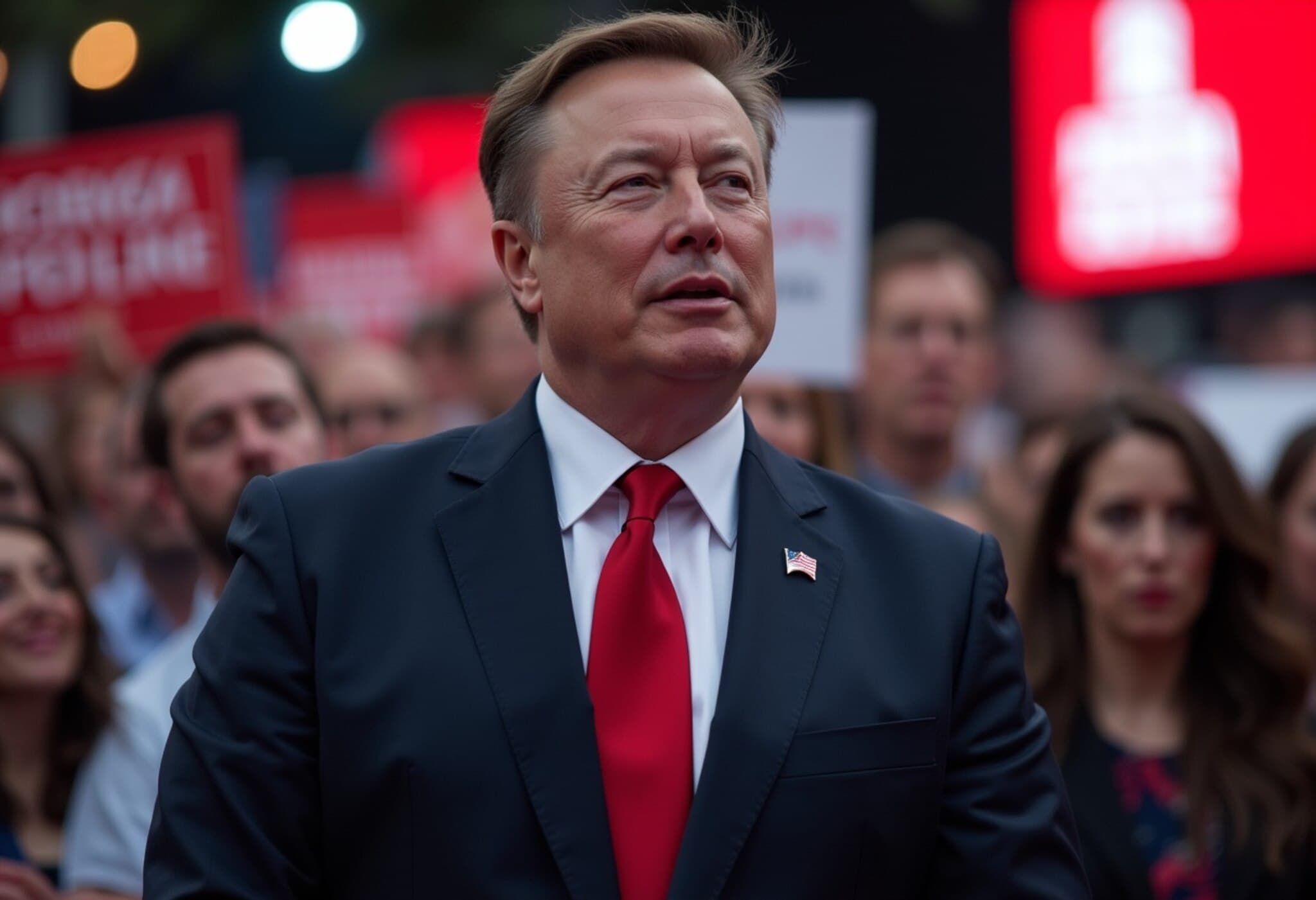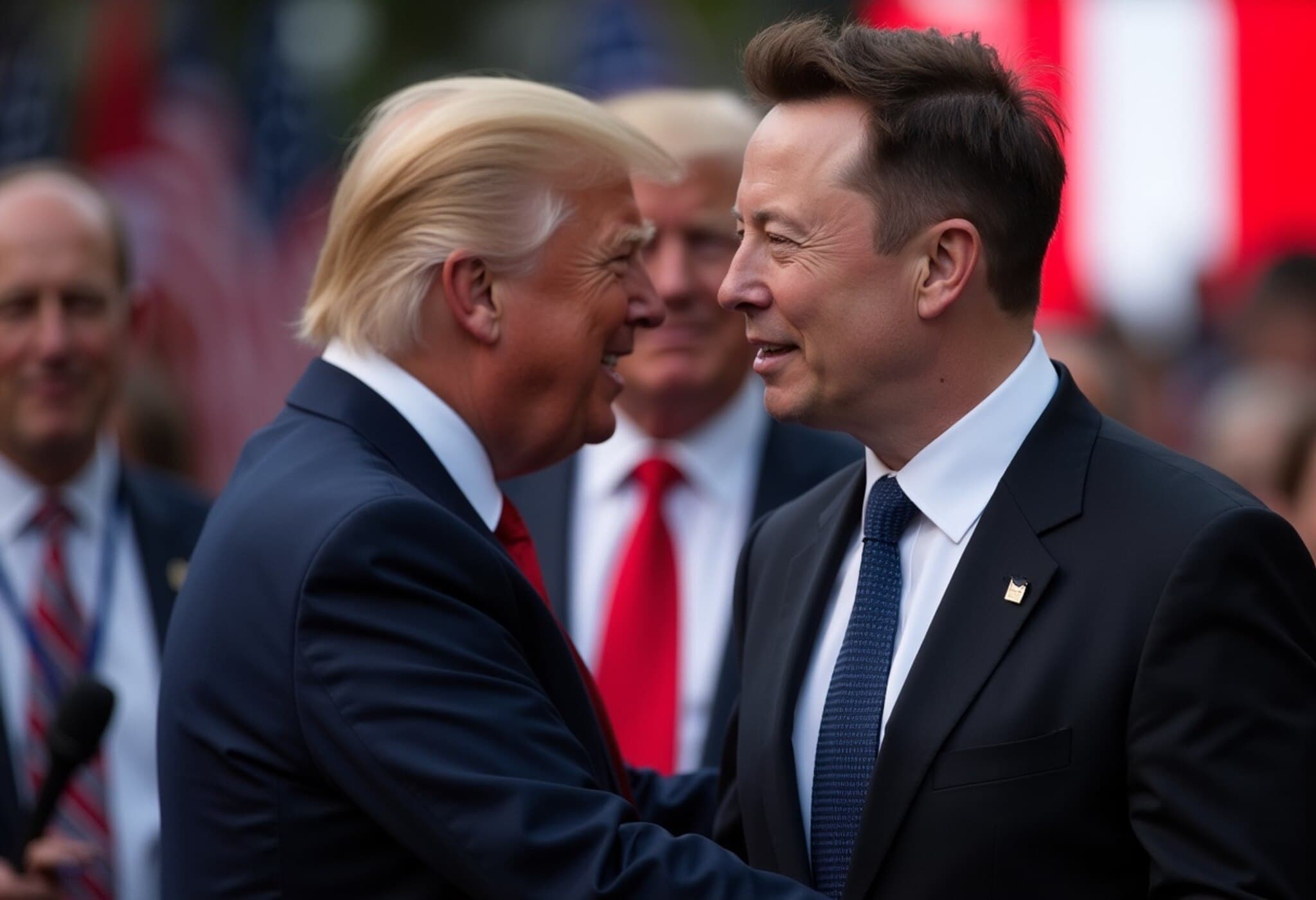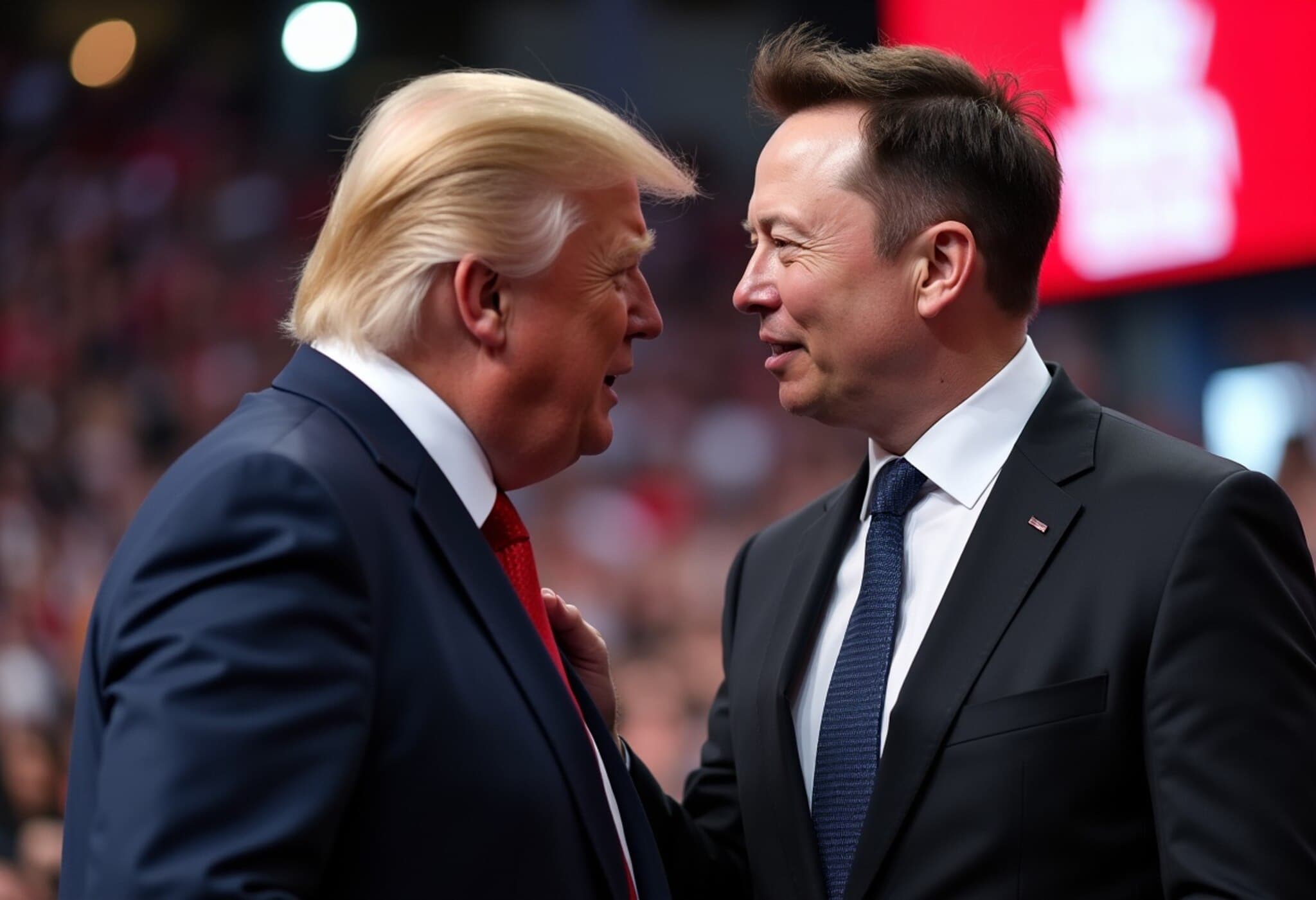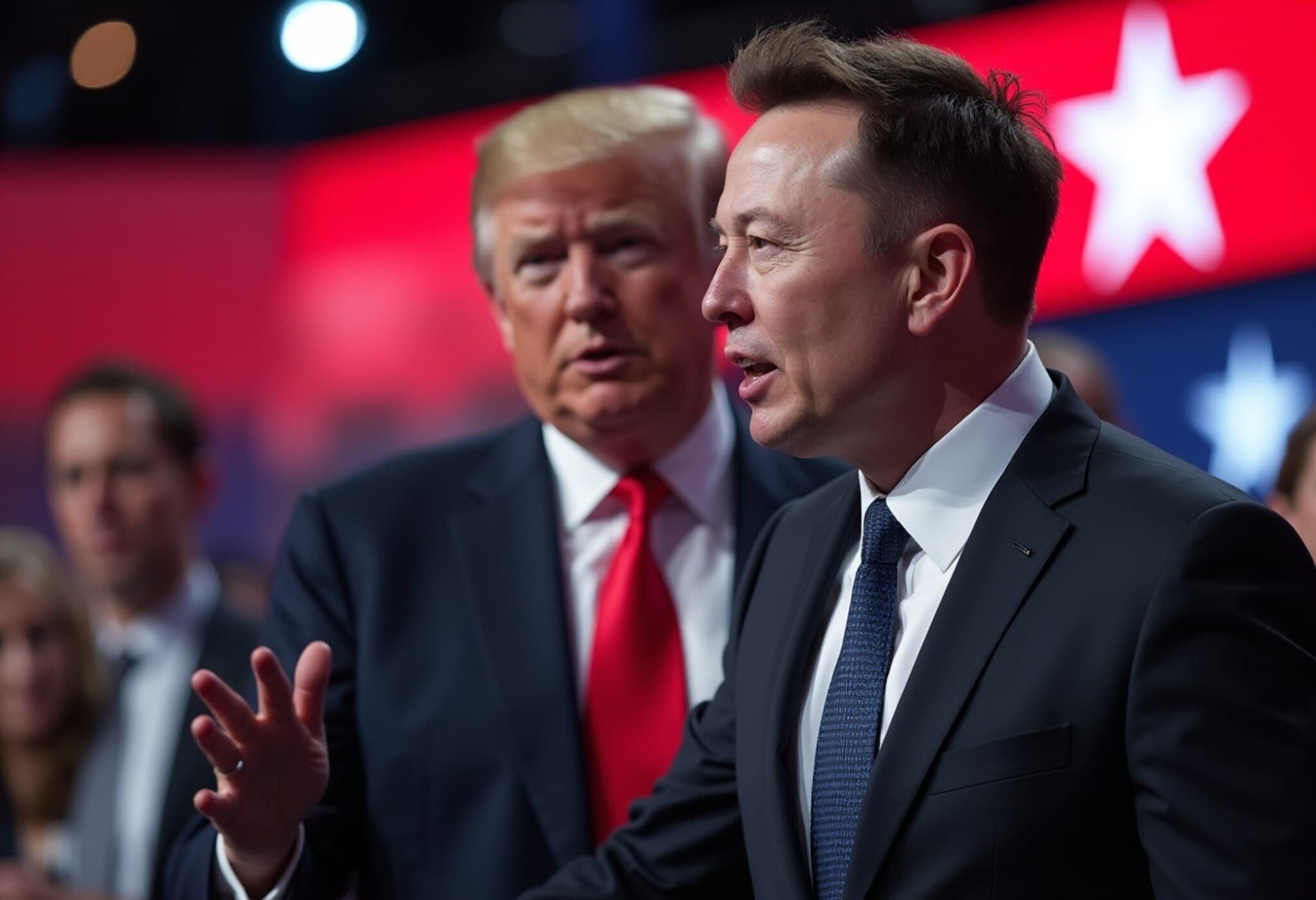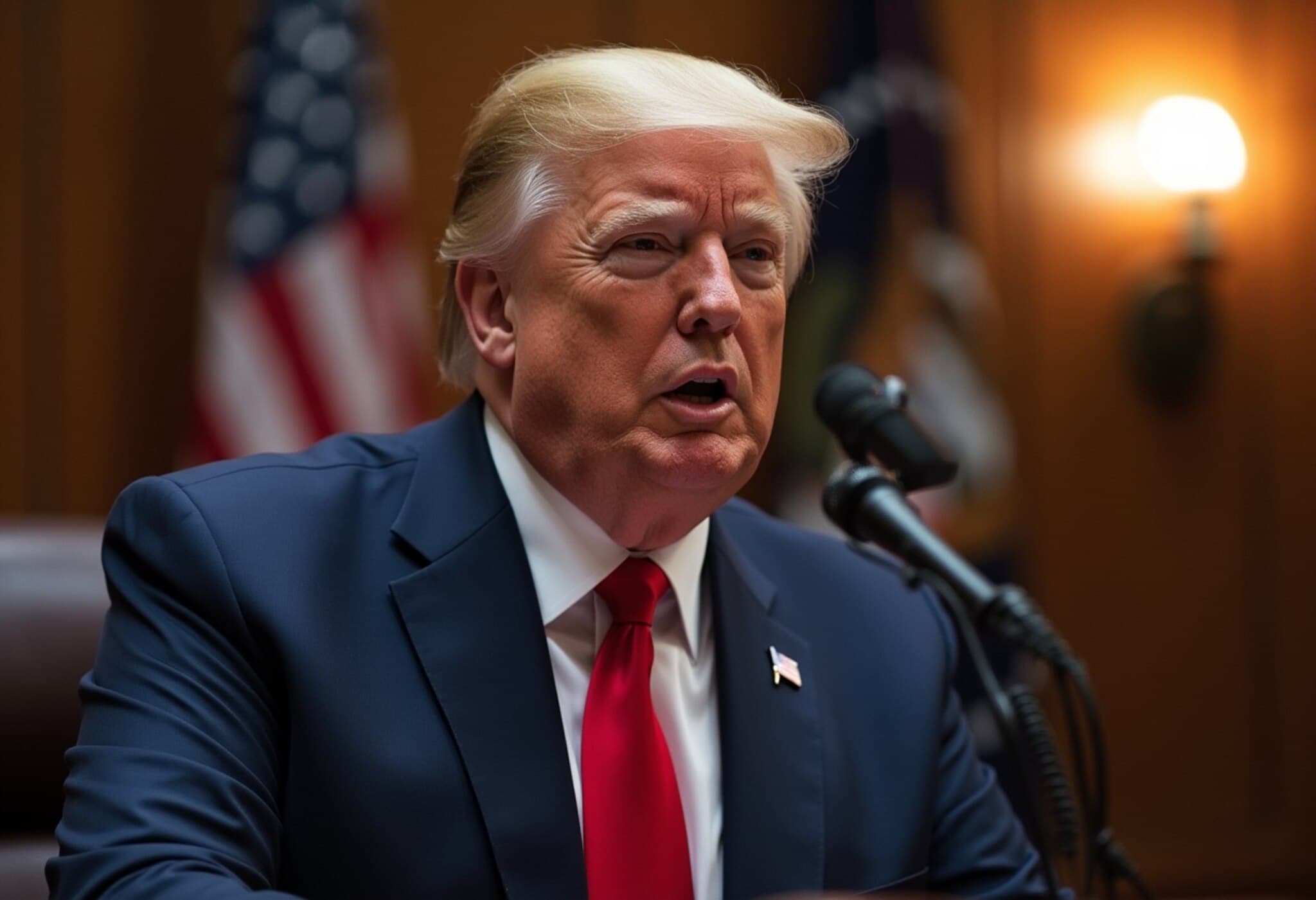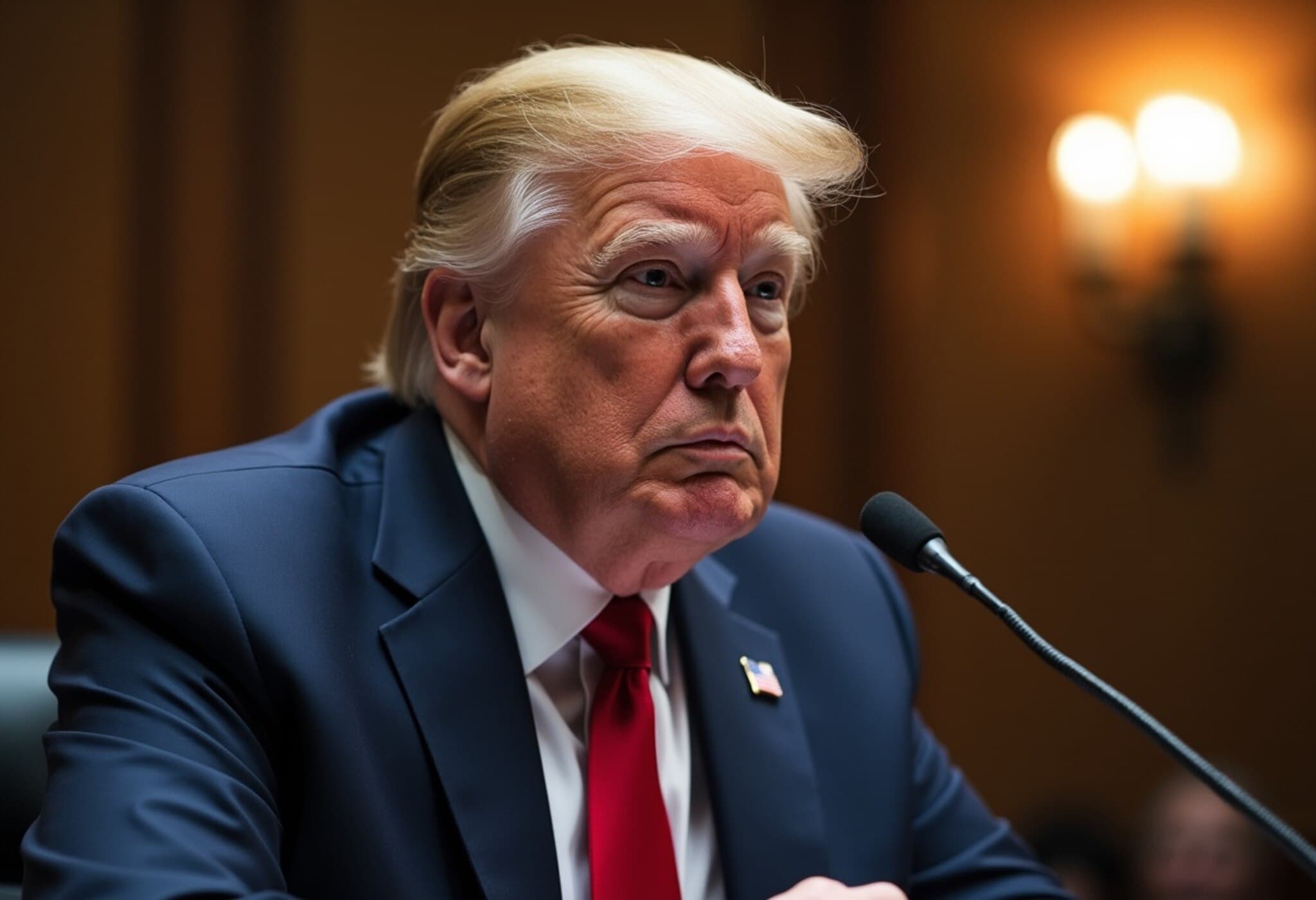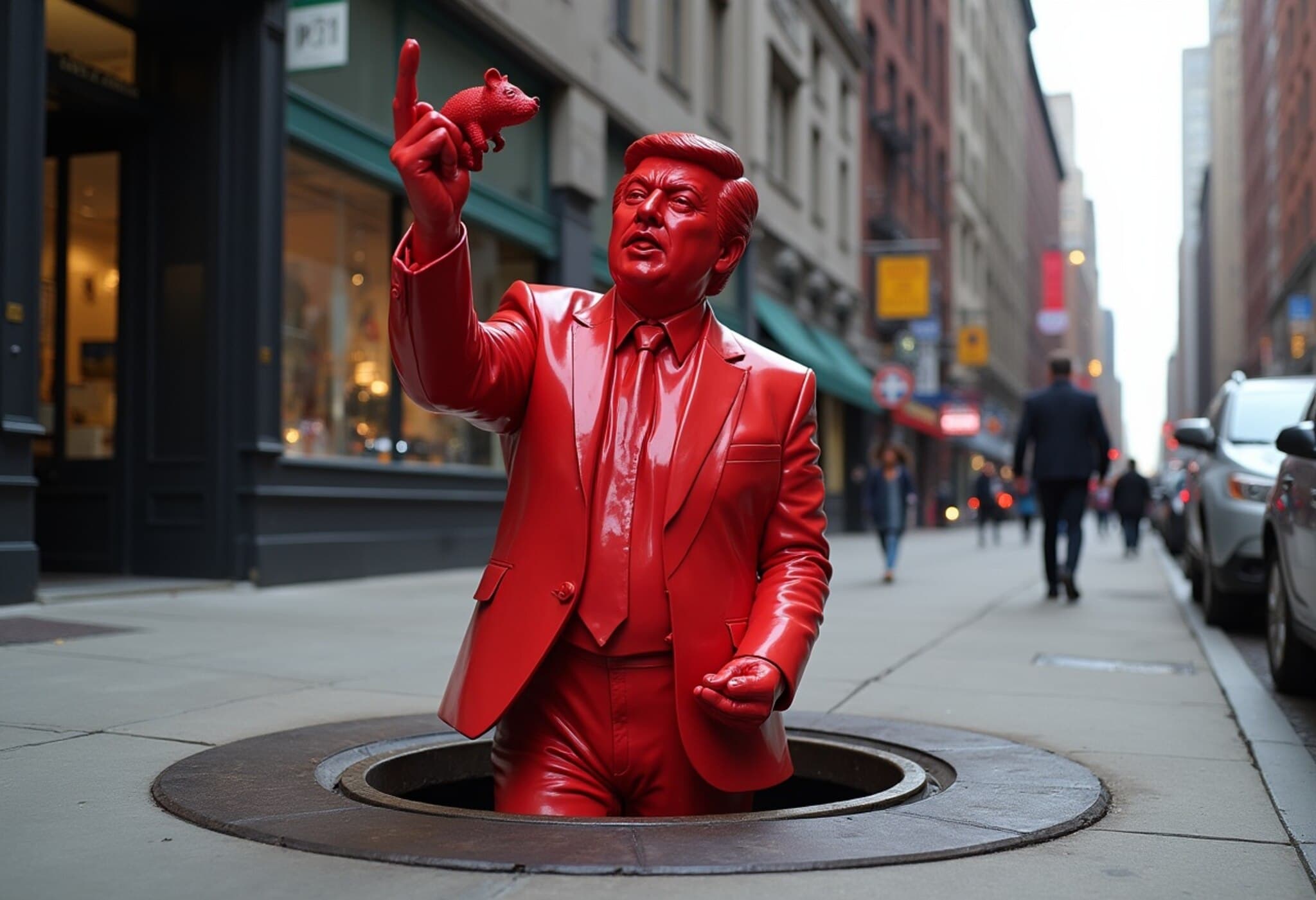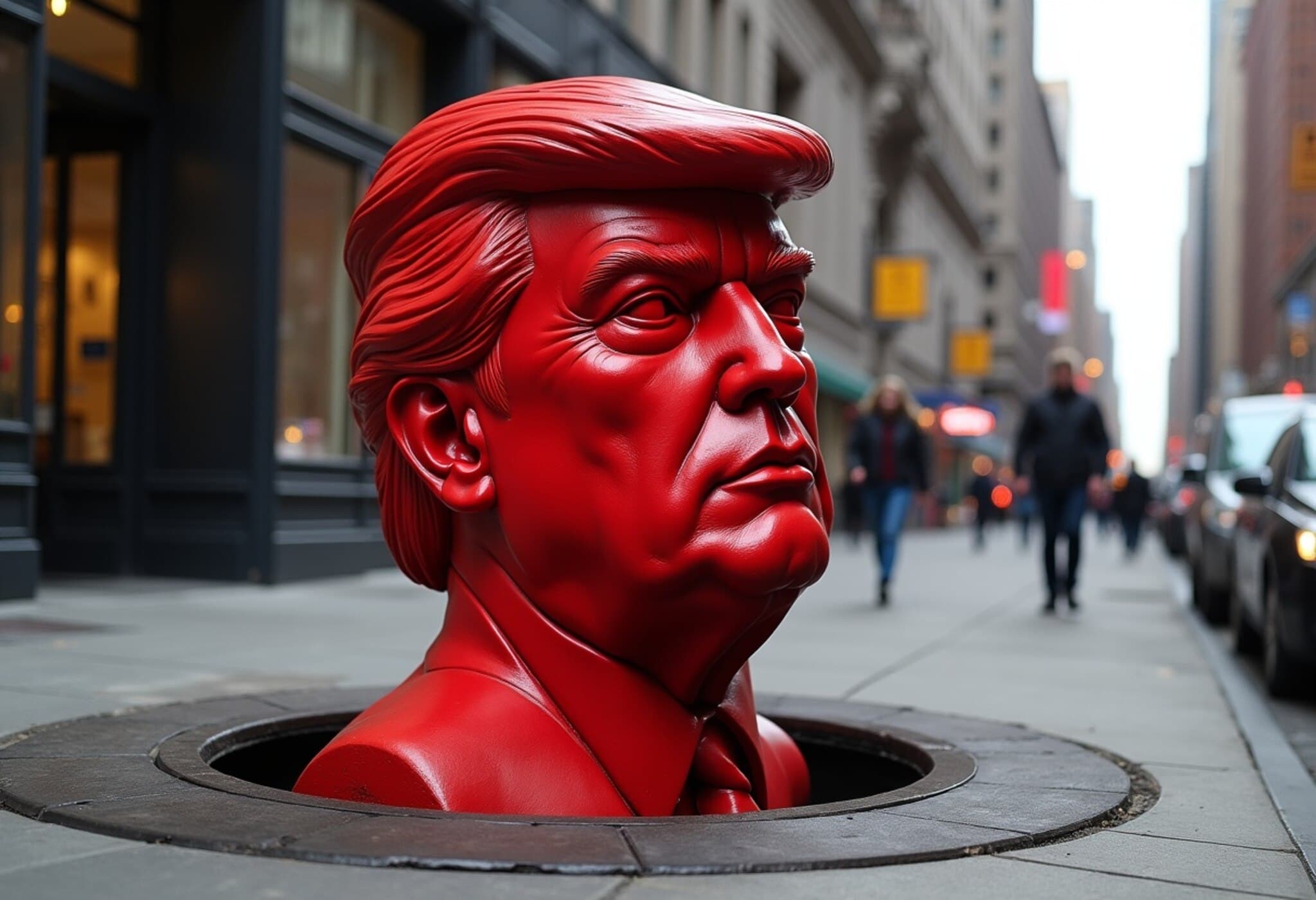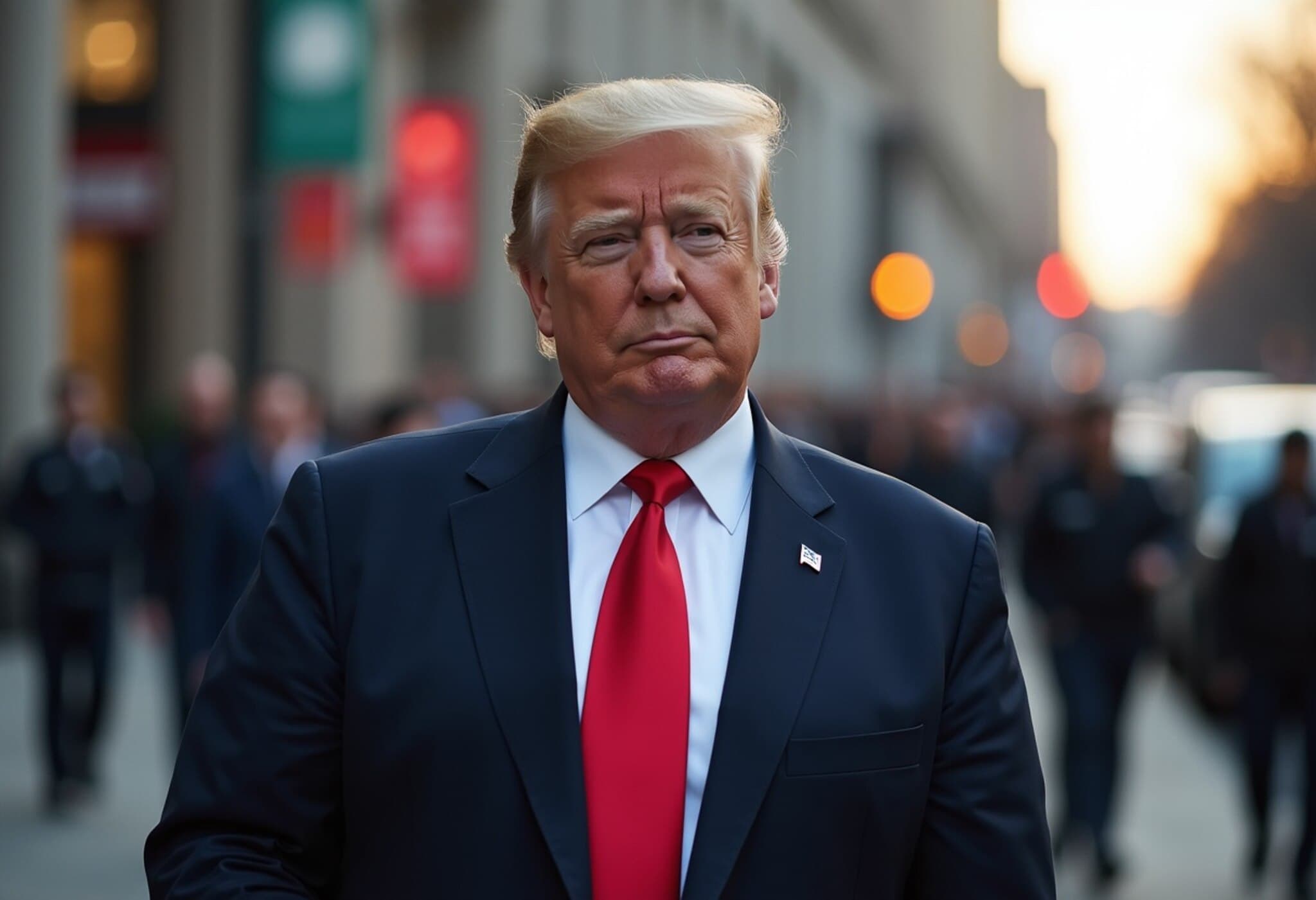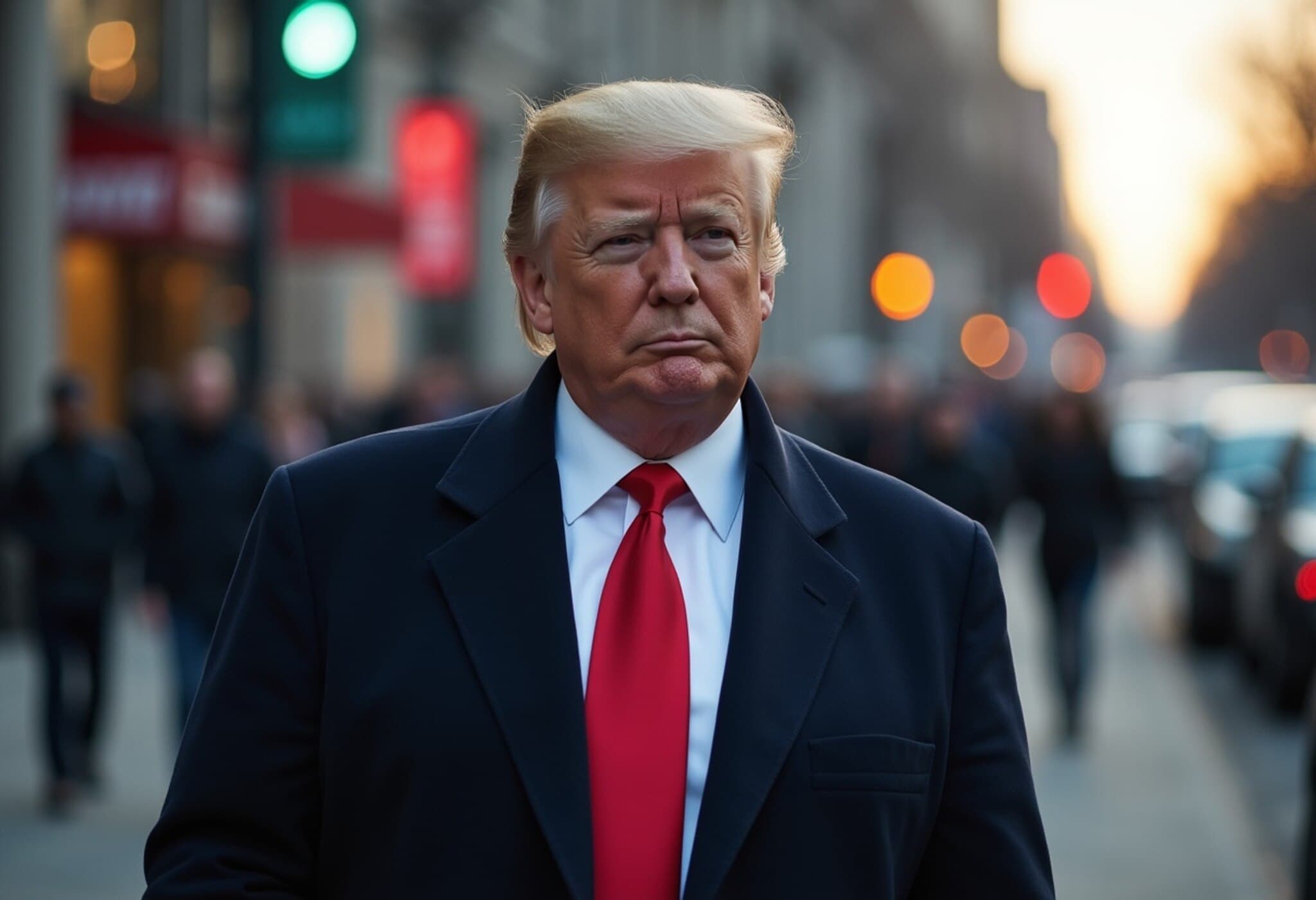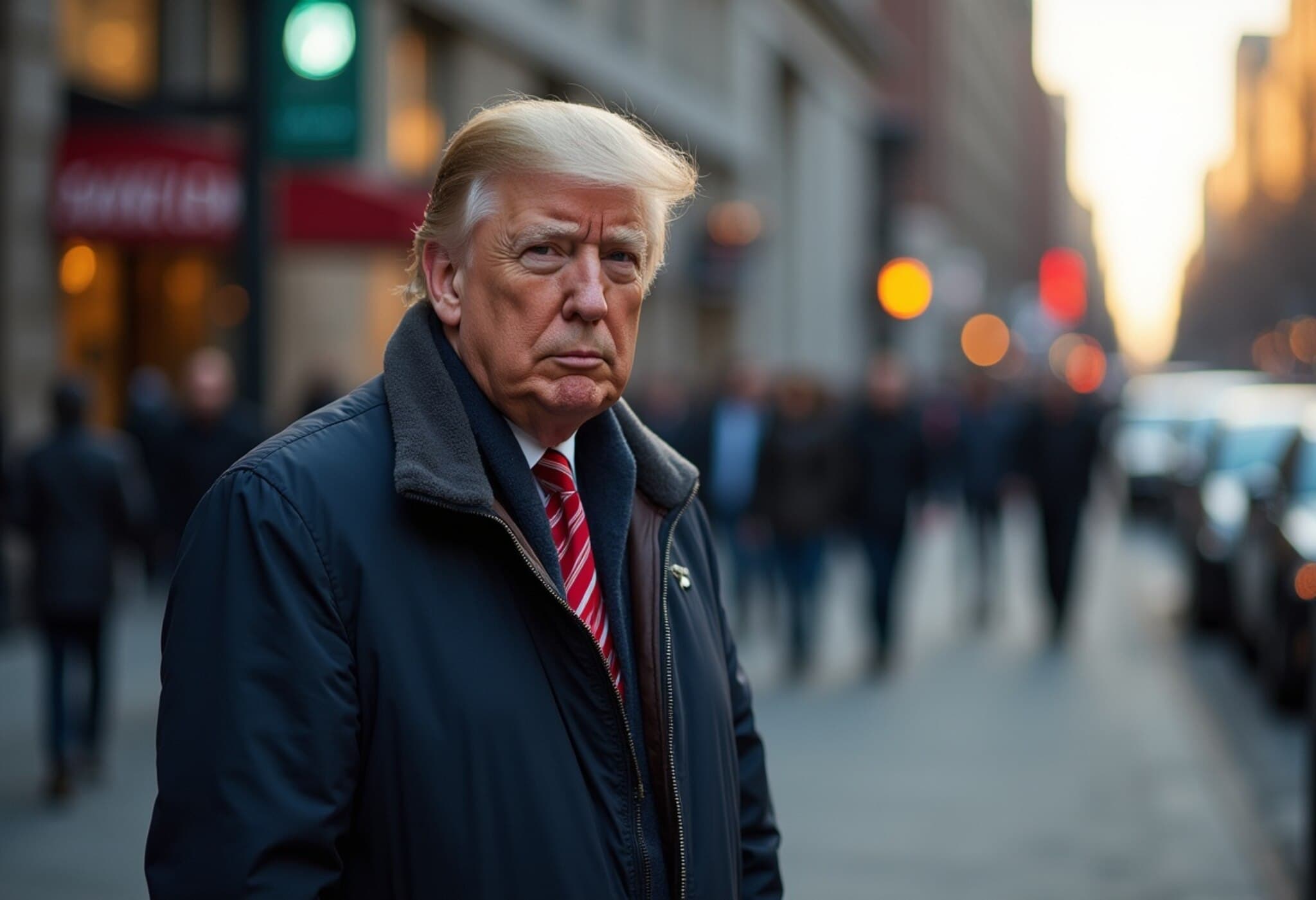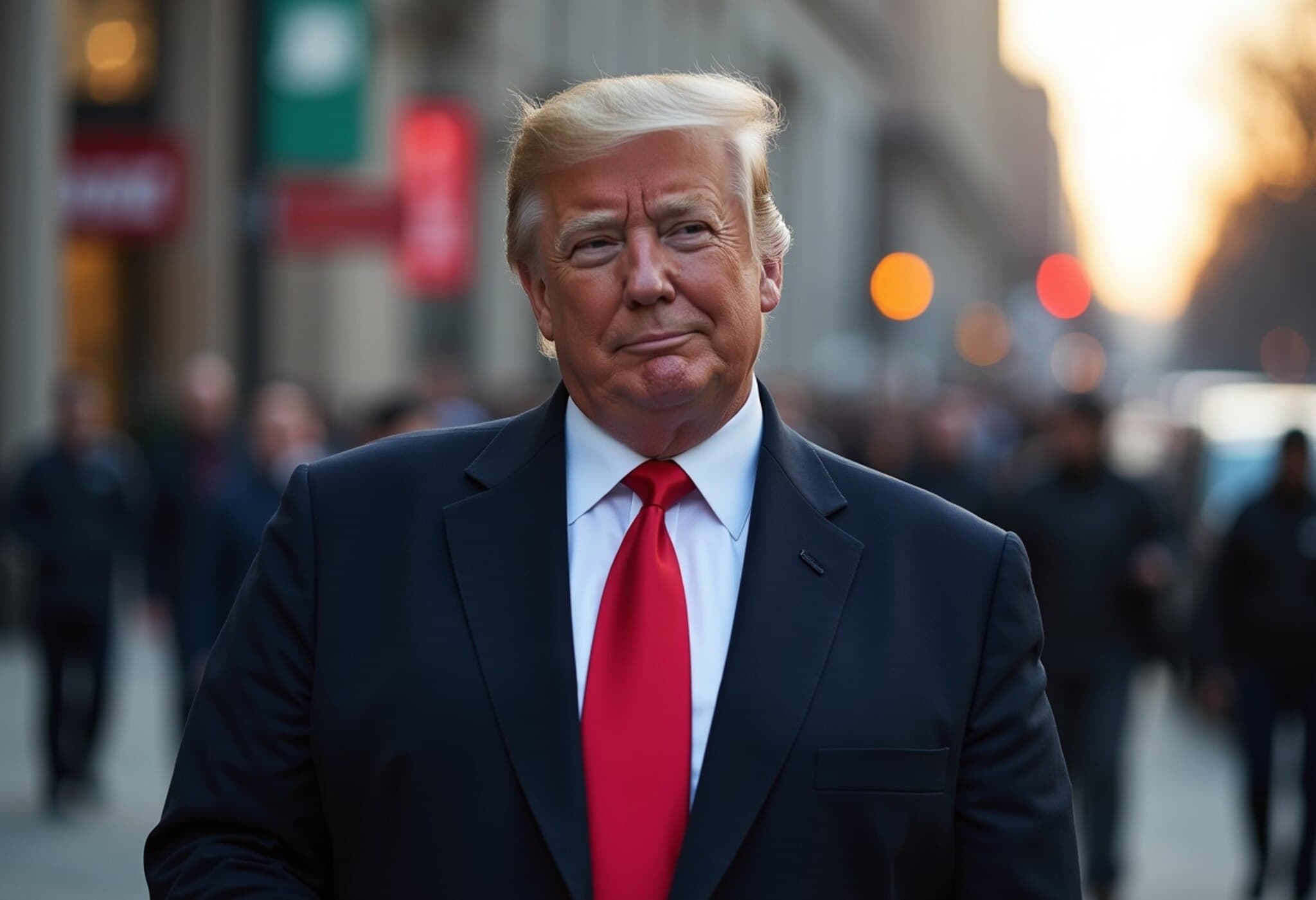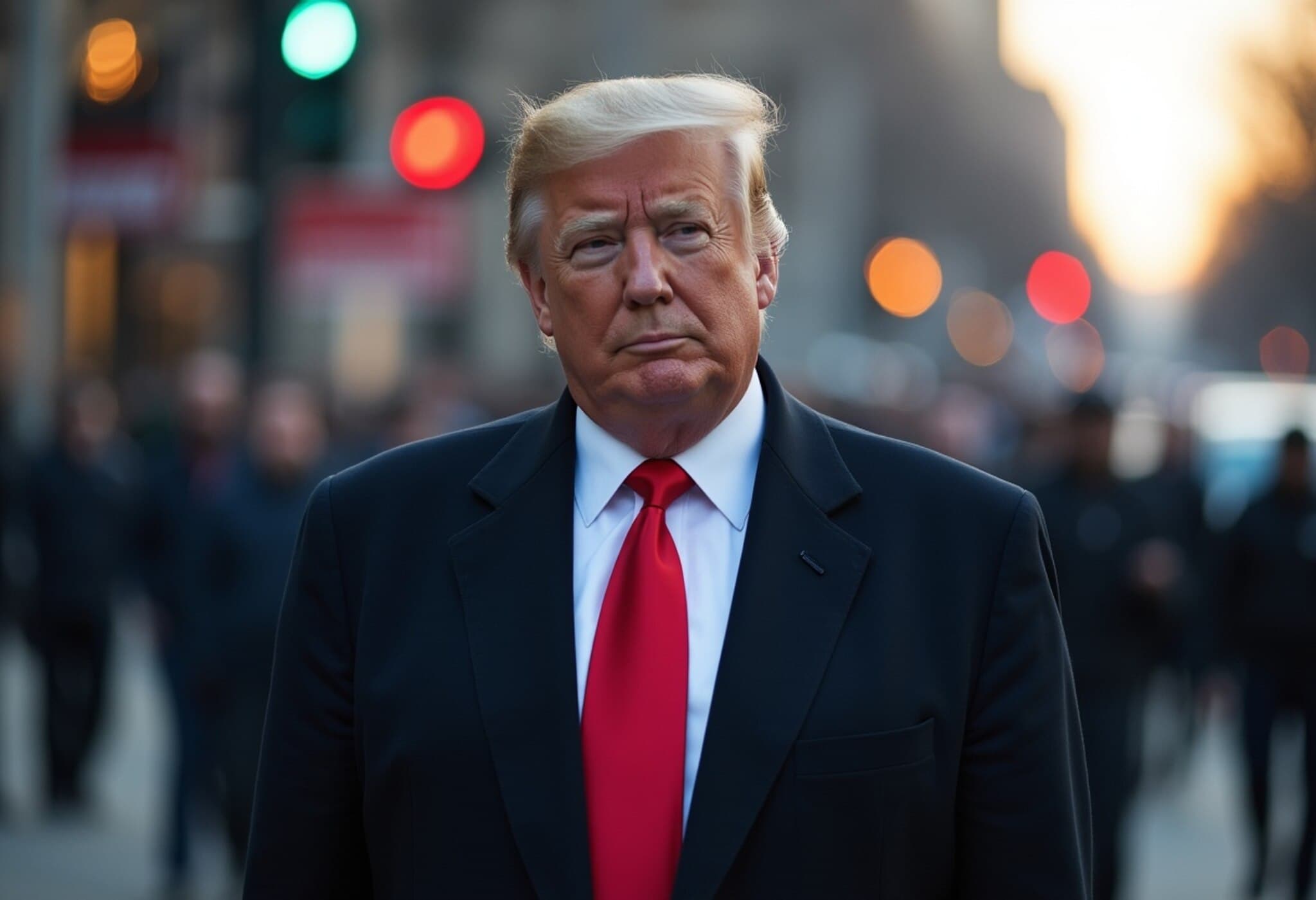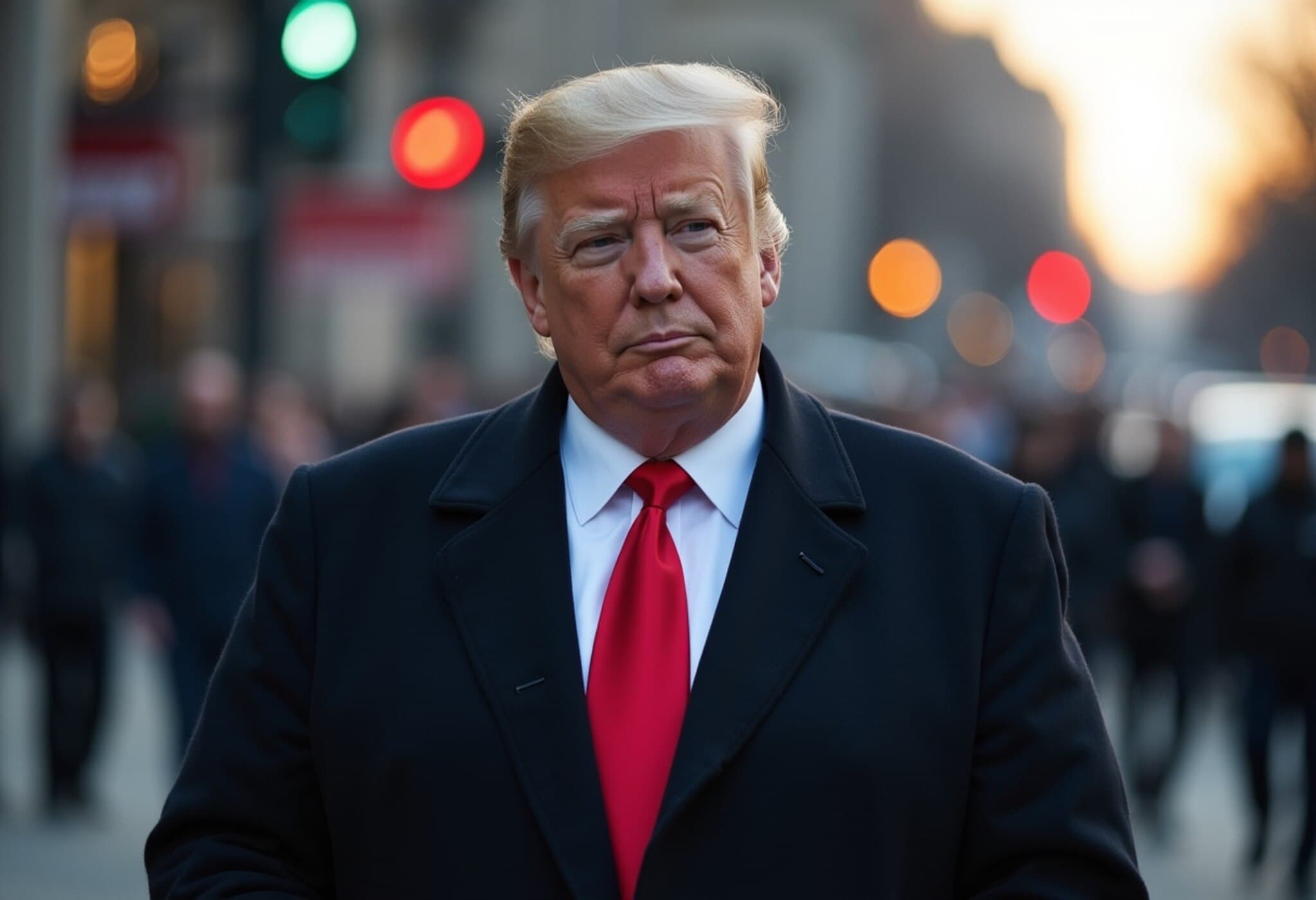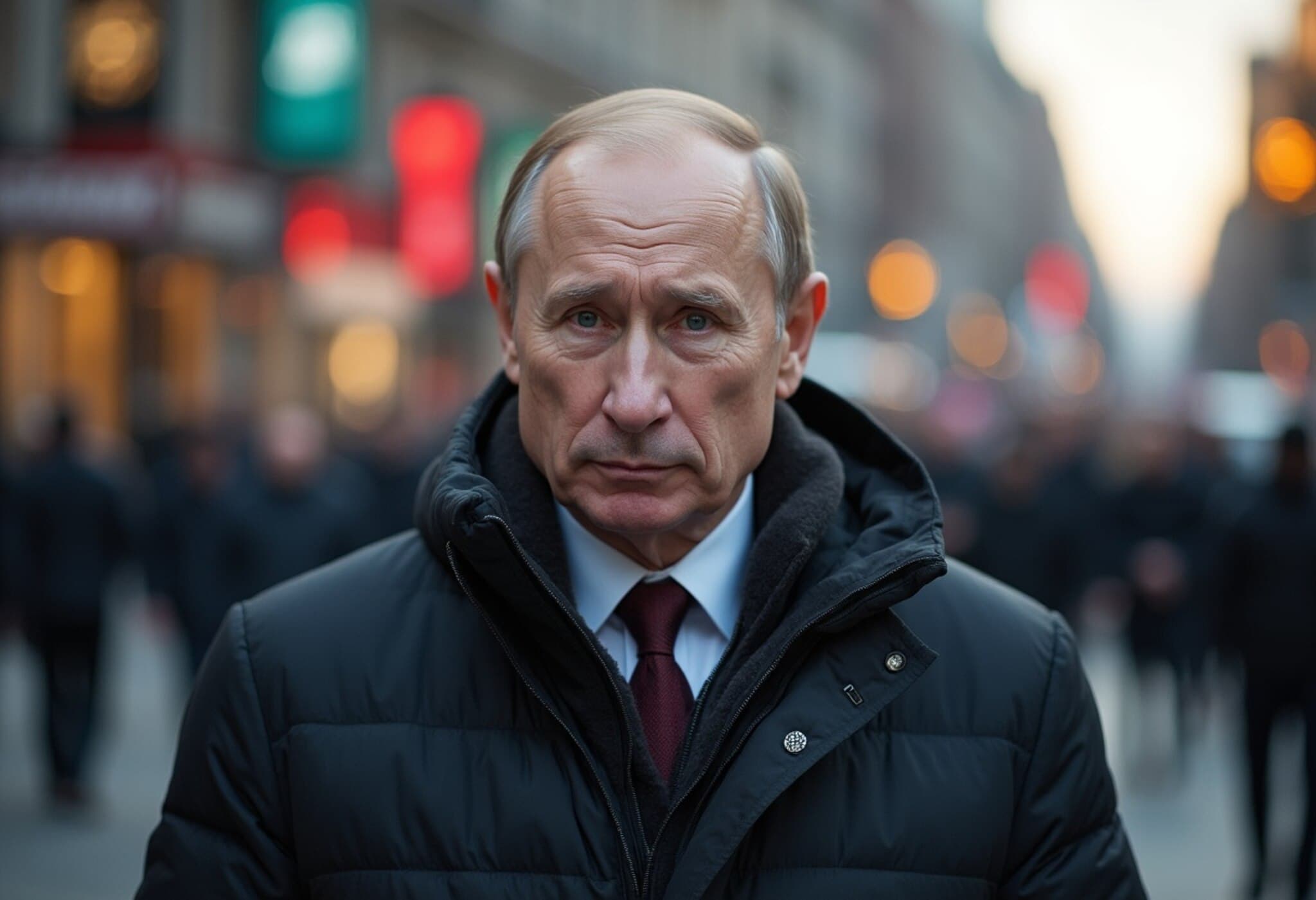Trump Signals Possible Federal Intervention in New York City and Washington, DC
In a bold escalation of political rhetoric, former U.S. President Donald Trump warned on Tuesday that his administration might assert federal control over New York City and Washington, DC, should their local governments fail to uphold what he describes as "proper governance." This comment comes amid a heated mayoral race in New York City, where Democratic socialist front-runner Zohran Mamdani is gaining ground.
Trump’s Hardline Stance on NYC’s Mayoral Race
During a White House cabinet meeting, Trump directly targeted Mamdani, labeling him a "pure, true communist" and questioning his capacity to lead the nation's largest city. "If a communist gets elected to run New York, it can never be the same," Trump declared. He hinted at plans to "seize control" of New York City but refrained from providing specific details. Nonetheless, he promised to "make New York great again"—an echo of his previous campaign slogans but with a starkly authoritarian undertone.
Mamdani, 33, has recently surged ahead in the Democratic primary, overtaking both incumbent Mayor Eric Adams and former Governor Andrew Cuomo. Trump's critique extended to Mamdani’s policies, including an accusation that he intends to "take over grocery stores" like those owned by billionaire John Catsimatidis, a known Trump supporter.
Washington, DC, Also in the Crosshairs
Trump’s remarks were not limited to New York. He revived his ongoing conflict with Washington, DC's Democratic leadership, specifically with Mayor Muriel Bowser. Despite an established self-governance framework under the 1973 Home Rule Act, Trump suggested possible federal takeover, citing concerns over crime and mismanagement.
"We're thinking about doing it, to be honest," Trump said, emphasizing the federal government’s interest in ensuring that DC, the nation’s capital, is "run flawlessly." This statement comes despite official Metropolitan Police Department data indicating a 25% year-on-year drop in violent crime in DC and an 8% decrease in total crime.
Legal and Political Complexities Surrounding Federal Takeover
Experts stress the legal hurdles in such federal intervention. New York City is governed under state and local jurisdictions with sovereign governance—any federal override would likely provoke fierce legal challenges. Although Washington, DC is a federal district with Congress holding oversight, any federal takeover would still raise constitutional questions and political controversy.
Trump did not clarify whether the federal government would seek congressional approval or employ executive orders to exert control over these jurisdictions. Such a maneuver would mark an unprecedented federal encroachment on urban autonomy in modern American politics.
Contextual Insight: Political Polarization and Urban Governance
This development highlights an intensifying culture war between conservative and progressive factions vying for urban governance. Cities like New York and Washington, DC, have long been Democratic strongholds, often pursuing policies markedly divergent from federal conservative agendas.
Trump's use of strong language and federal power threats taps into broader national debates on federalism, state rights, and urban policy. It raises critical questions about the balance between local autonomy and federal oversight, especially in politically charged environments.
What’s Next?
- Watch for legal clarifications outlining the constitutional framework for federal intervention in cities.
- Monitor New York City’s mayoral race as Mamdani's progressive platform challenges traditional Democratic policies.
- Assess responses from city officials, civil rights groups, and federal lawmakers who may oppose perceived federal overreach.
Editor’s Note
Trump’s statement pushes the boundaries of federalism, shining a spotlight on the tensions between local democratic governance and federal authority. As the mayoral race in NYC unfolds, and federal scrutiny of key urban centers like DC intensifies, the American political landscape faces fundamental questions: How far can the federal government go in overriding local elected officials? What implications could such actions have for democracy and citizen representation in urban America? Observers and citizens alike should stay alert to these unfolding developments that could reshape US urban governance for years to come.

